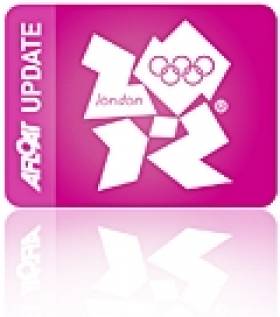Displaying items by tag: Annette Mary Liddington
RNLI To Play Big Part in Olympic Torch Relay
#OLYMPICS 2012 - The RNLI will play a "key role" during the Olympic torch relay ahead of the London games this summer, as Yachting and Boating World reports.
On 28 May the Olympic torch is set to visit Anglesey in north Wales, when it is taken along the Menai Strait on board the RNLI's Annette Mary Liddington.
The torch will again be carried by RNLI volunteers on 18 July when it is ferried to shore from a tall ship in Dover harbour aboard the all-weather lifeboat City of London II.
Dover RNLI's operations manager Roy Couzens said: “We are very much looking forward to being involved on the day – and believe me, when that torch is at sea in our lifeboat, it couldn’t be in safer hands!”
The Olympic torch relay begins in Plymouth on 19 May and finishes at the Olympic Stadium on 27 July. Its two-month-long journey will take it throughout Britain and Northern Ireland, and includes a visit to Dublin on Wednesday 6 June.
An interactive map of the complete torch relay route is available on the official London 2012 website HERE.
























































